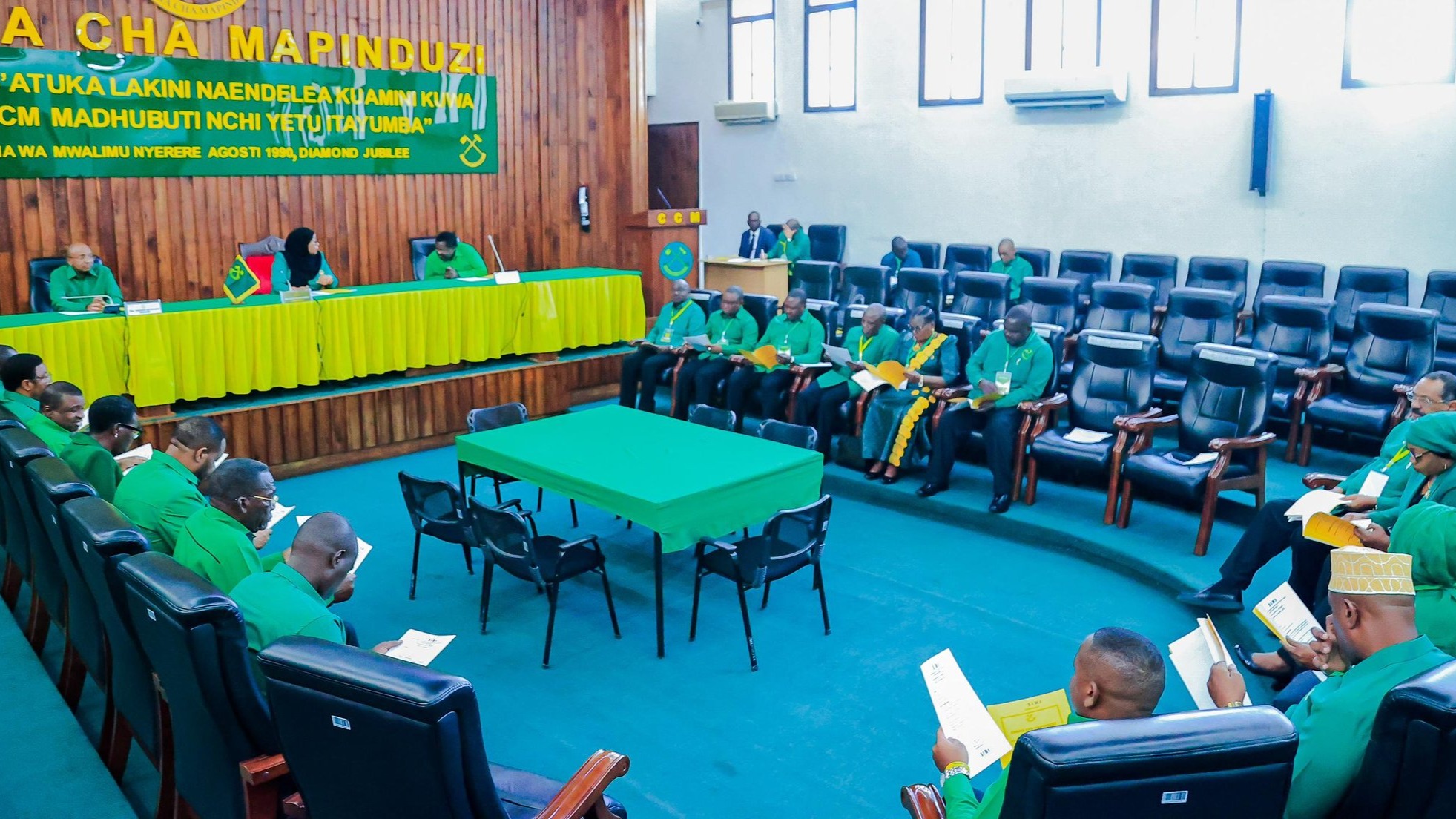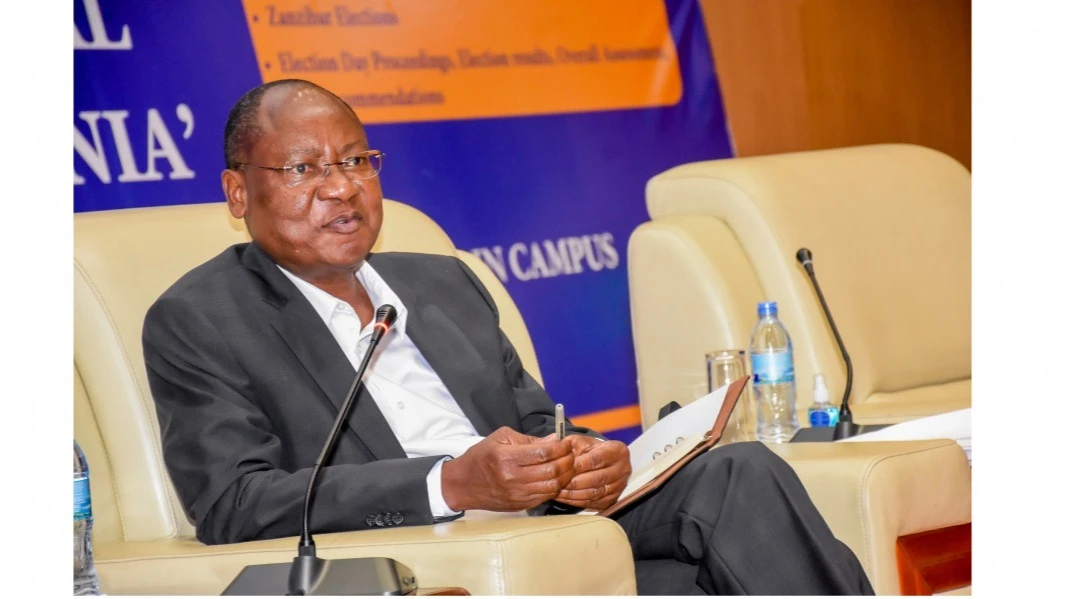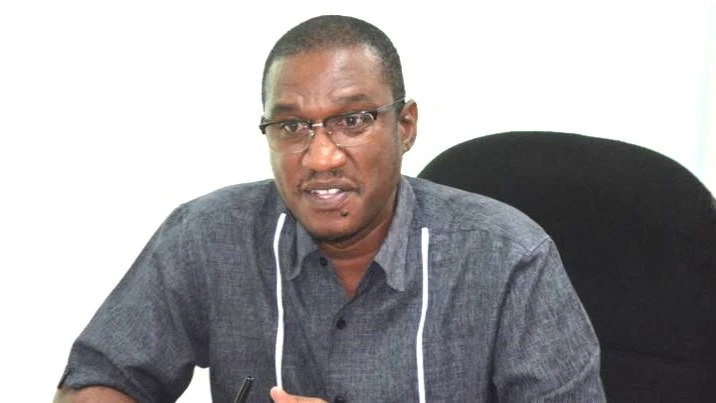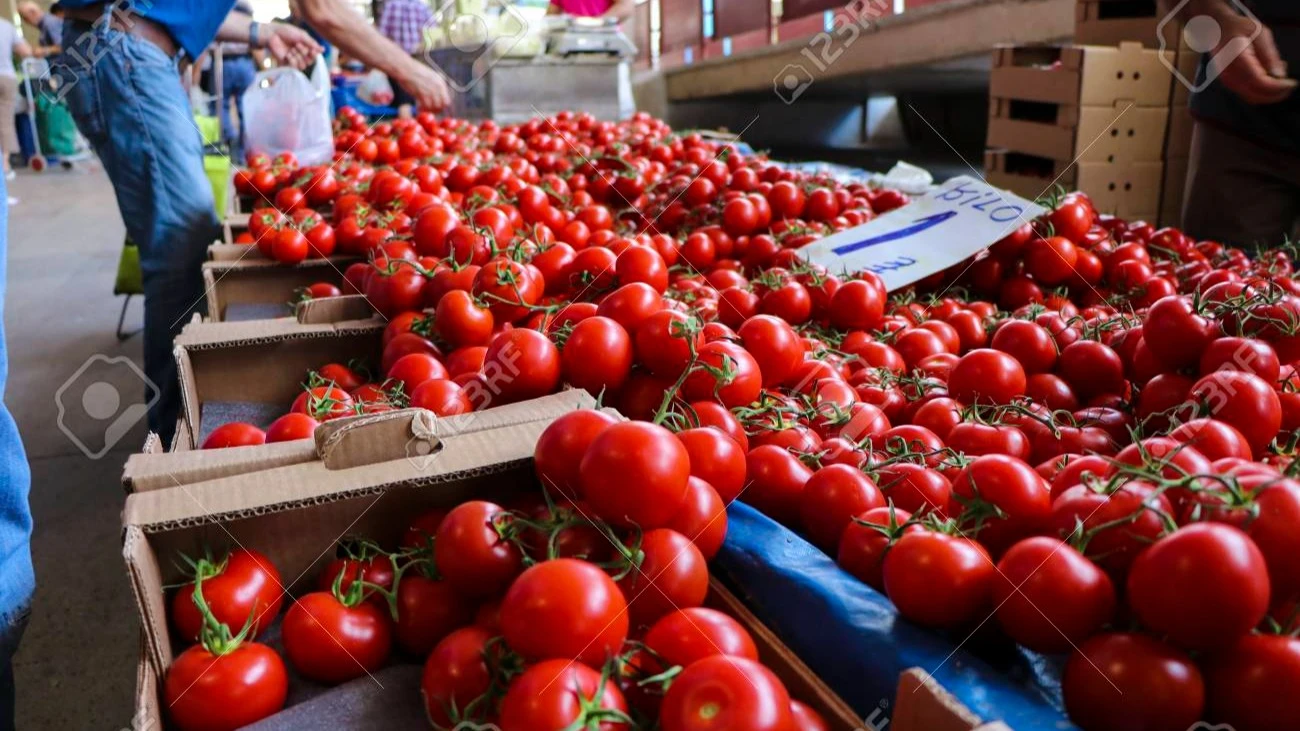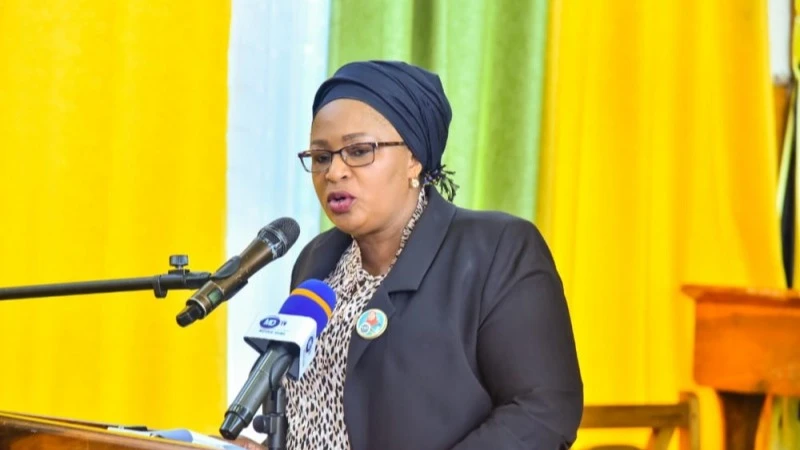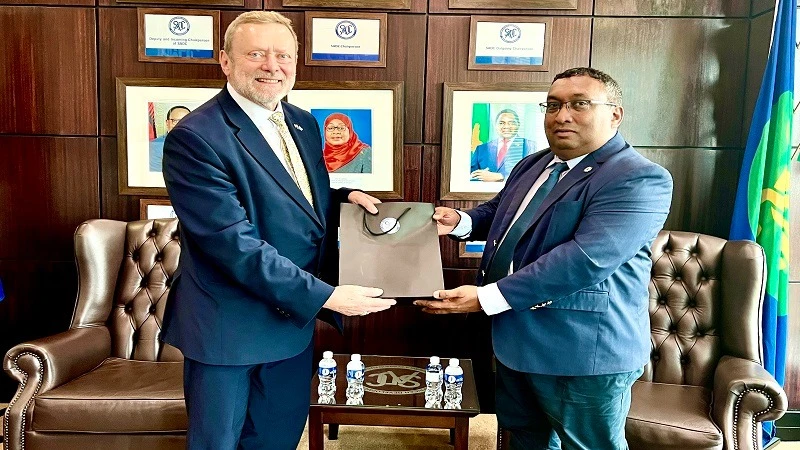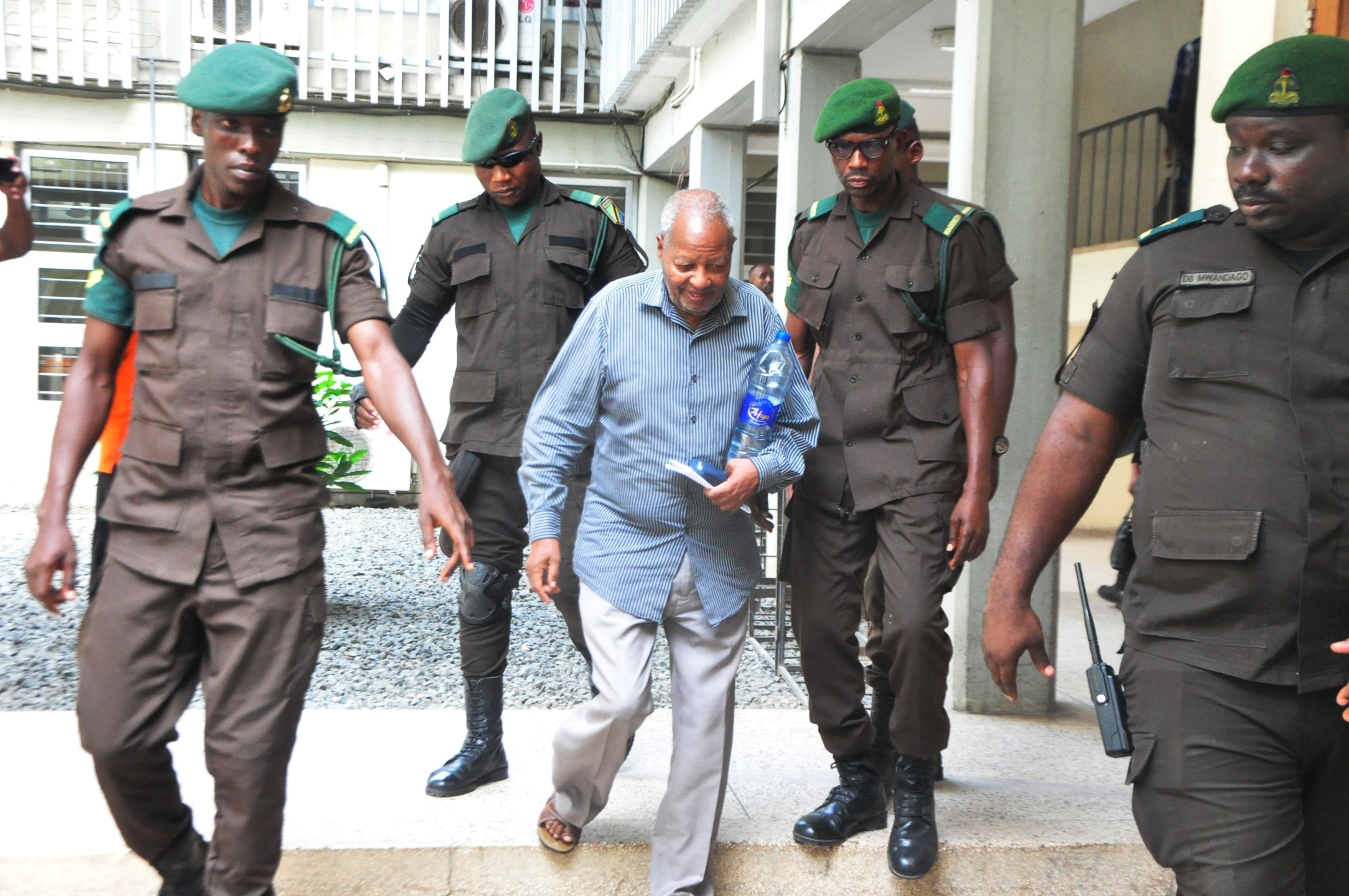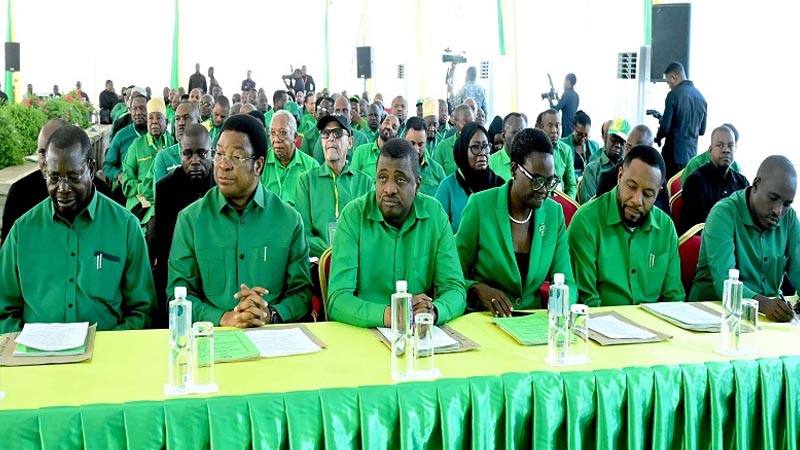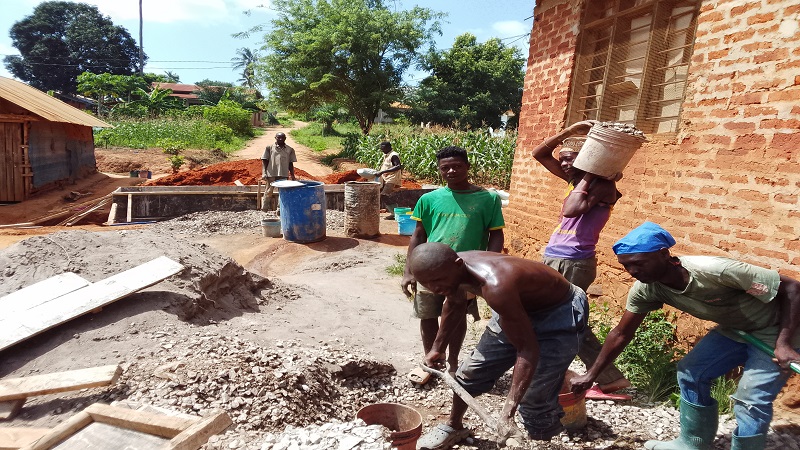Hundreds of illegal miners abandoned in disused shaft
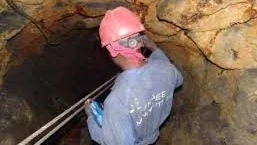
SEVERAL hundred people are believed to remain in an illegal mine in South Africa after the government cut off vital supplies and refused to help them in a dramatic bid to crack down on the industry.
SAFTU Food and water supplies to those underground have been halted by police seeking to force the illegal miners to come to the surface.
Illegal miners can travel up to 4 kilometres underground and spend months below ground in old mines, according to a report by South Africa’s Minerals Commission. But without supplies, conditions are believed to be deteriorating underground.
Reports vary as to how many miners were in the abandoned gold mine in the North West province. North West police spokesperson Sabata Mokgwabone said that three miners who had come to the surface indicated that up to 4,000 miners could be underground. Other police reports said the number in the mine was in the hundreds.
Family members gathered near the mining site on Thursday afternoon, telling Agence France-Presse they were worried about relatives who were still underground.
“We are here for our brothers and sisters, and my husband is here, he has been eight months underground,” Ntomboxolo Qwanti said.
Police spokesperson Athlenda Mathe told reporters that food and water supplies to those underground had been halted. “We are stopping and preventing food and water to go down there as a way of forcing these illegal miners to resurface because what they are doing is criminality,” she said.
One decomposed body was brought to the surface on Thursday, police spokesperson Mathe said, adding that pathologists were at the mine in Stilfontein.
David Van Wyk, a lead researcher at Johannesburg-based Benchmarks Foundation that monitors mining and corporate social responsibility told CNN that the miners could be in a critical condition.
“At this point, they are starving, becoming dehydrated, and breathing toxic dust. They’re going to come out very weak and ill when they do come up,” he said.
South Africa’s Federation of Trade Unions (SAFTU) said it was “extremely concerned” that the situation “may end in a tragedy.”
“Cutting off food and water supplies — with what can only be described as malicious intent, a vindictive act — without a strategy for directly and indirectly engaging with these mineworkers is not helpful,” the union said in a statement yesterday.
A community member, Emily Photsoa, also told the AFP that more miners could die “if they don’t get medication and water to sustain them.”
“We are bleeding with them,” she added.
According to SAFTU, South Africa harbours up to 100,000 artisanal miners, known locally as “zama zamas” with most of the minerals derived from artisanal mining “sold to the black market, and international illicit mineral traders.” It blamed the government for failing to regulate the mining sector.
Van Wyk attributed the spike in illegal mining to the thousands of abandoned mines left unclosed by large-scale companies and multinational corporations.
“We have got about 6,000 abandoned mines in the country. They don’t close them as the law requires, so they break the law by not closing and rehabilitating these mines,” he said.
He added that retrenched workers from the abandoned mines “have no other recourse” or extra skills, “so they go down the mines and do the only thing they are capable of doing, which is working in those mines.”
Police have been escalating attempts to stamp out the activity of illegal miners, with more than a billion dollars lost to illegal mining in South Africa annually, according to the country’s Minerals Council.
The blackmarket trade in gold has also fueled violent turf wars, according to a parliamentary brief, as the nation grapples with one of the world’s highest murder rates.
Minister in the Presidency, Khumbudzo Ntshavheni, said on Wednesday that no help would be given to the illegal miners.
Speaking to state media, Mametlwe Sebei, who heads the General Industries Workers Union of South Africa, criticized Ntshavheni’s comments, warning that that approach “is almost criminalizing” those in the mine, “many of whom are just poor desperate people.”
The illegal industry often takes place in “horrific conditions” and under the control of organized crime syndicates, Sebei said.
According to Mathe, the police spokesperson, at least 1,172 illegal miners have so far surfaced voluntarily amid the pressure campaign.
Top Headlines
© 2025 IPPMEDIA.COM. ALL RIGHTS RESERVED








